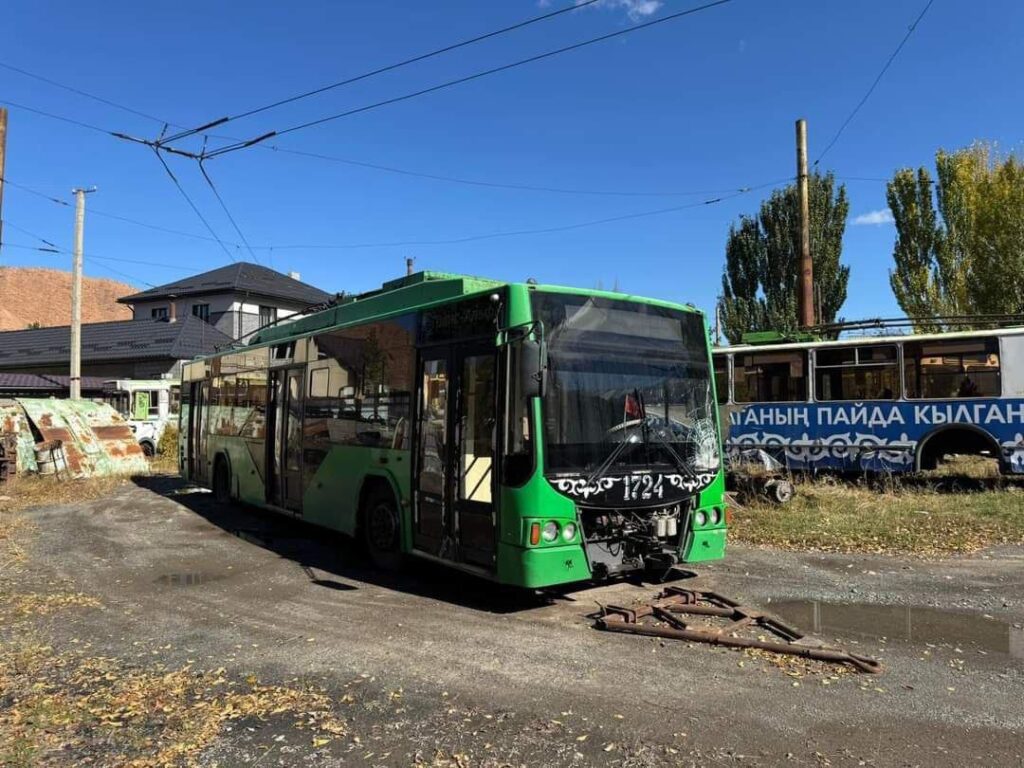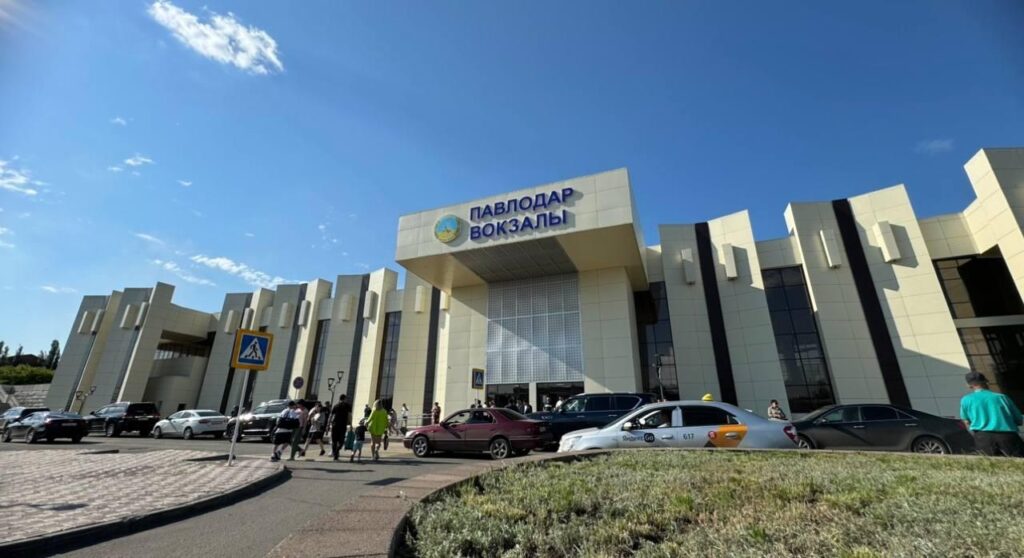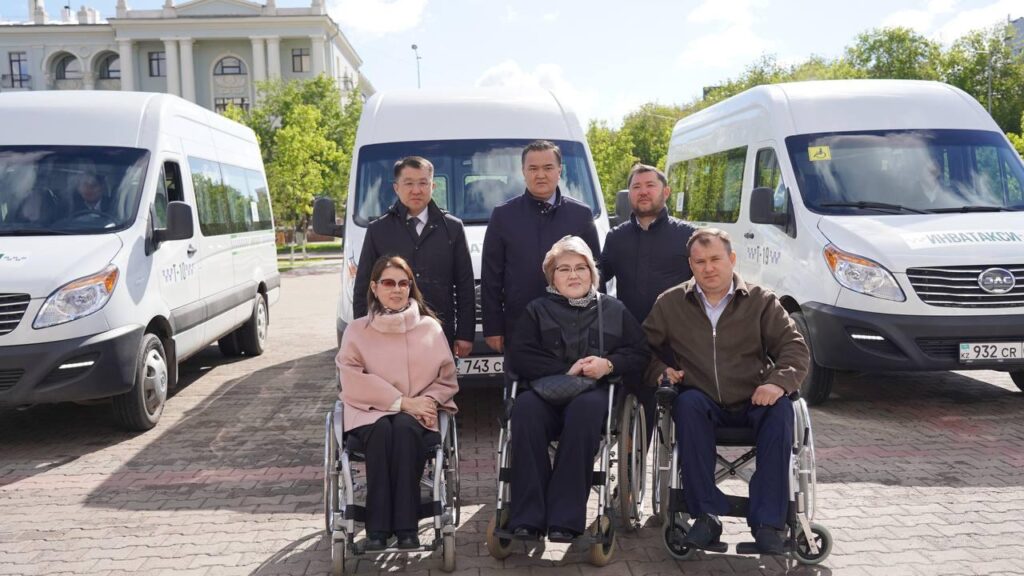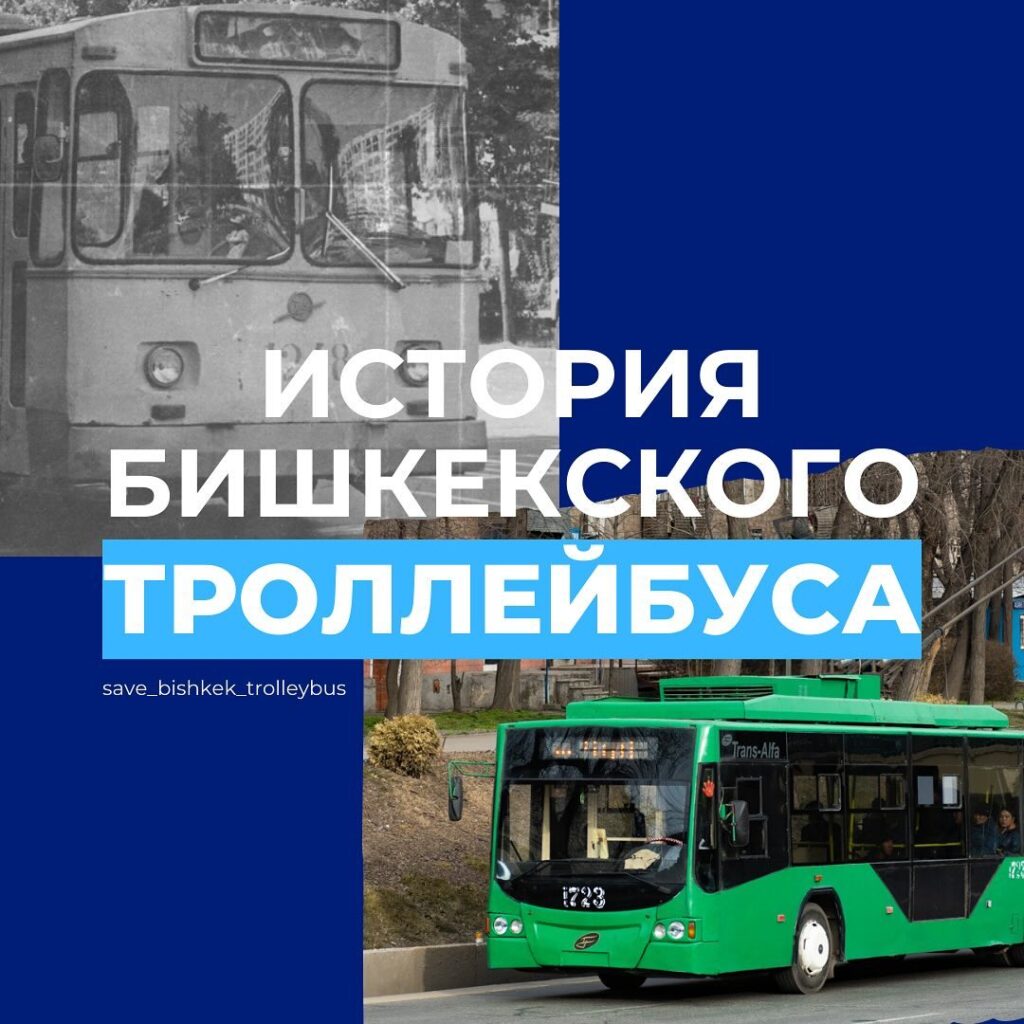End of the Trolleybus: Bishkek Authorities Abandon Eco-Friendly Transport Option
Bishkek authorities are phasing out trolleybuses in favor of buses, sparking criticism from residents and environmental advocates. Activists allege that municipal workers are dismantling trolleybus infrastructure, prompting lawsuits and complaints to the European Bank for Reconstruction and Development (EBRD), which funded trolleybus purchases for the city. The Shift to Electric Buses In defense of the decision, Mayor Aibek Junushaliyev argued that trolleybuses no longer meet the city’s needs, citing frequent breakdowns and their inability to operate effectively in Bishkek’s outskirts. Instead, the city plans to transition to large electric buses, with 120 units ordered from China’s Ankai Automobile Co., set to arrive in mid-2025. For now, public transport is provided by gasoline and gas-powered buses. The existing trolleybuses are being transferred to Osh, with approximately 100 slated for relocation. The Bishkek Trolleybus Department signed a contract with Ankai in 2022 to deliver the electric buses and charging infrastructure. The move is supported by funding from the Asian Development Bank (ADB), which has allocated $50 million to the project. [caption id="attachment_25888" align="aligncenter" width="1280"] Photo: Bermet Borubayeva[/caption] Activists Push Back Public opposition to the trolleybus phaseout is growing. Activist Bermet Borubayeva insists that Bishkek officials have no legal authority to transfer the trolleybuses. She highlighted that many were purchased using a $23.5 million EBRD loan ratified by Kyrgyzstan’s parliament, which stipulated that the vehicles must remain in Bishkek. “Citizens repay these loans through taxes, and without the EBRD’s consent, the municipality cannot transfer the trolleybuses elsewhere,” Borubayeva explained. She accused city officials of deliberately damaging trolleybus infrastructure. “They cut the wires in various places, rendering the system unusable. This violates both domestic and international laws,” she said. Despite these challenges, Borubayeva noted that activists have mobilized a significant resistance movement to preserve the trolleybuses. Environmental and Social Concerns Trolleybuses carried 20 million passengers last year without producing carbon emissions, making them vital to Bishkek’s eco-friendly public transportation. In a city grappling with severe air pollution, critics argue that phasing out trolleybuses exacerbates environmental problems. Borubayeva also questioned the city’s claims about ADB funding. “The mayor’s office says the electric bus project will replace the entire trolleybus fleet, but ADB documents indicate that only 20 trolleybuses are affected. Either the mayor’s office is misleading us, or the ADB is,” she asserted. According to ADB’s memorandum, the project includes a $59 million budget, with $50 million provided as a credit line and $15 million as a grant. The funds are primarily for electric bus procurement, along with infrastructure construction and consulting services. However, ADB representatives clarified to activists that the funding is for additional infrastructure, not an outright replacement of trolleybuses. Public Transportation in Crisis The dismantling of the trolleybus system has left Bishkek residents struggling with inadequate transportation. Buses have yet to fill the gap, leading to mounting public frustration. “We must address the public transportation crisis urgently,” MP Dastan Bekeshev said during a parliamentary session. “People cannot get to work or school on time. The trolleybuses need to be brought back into...






